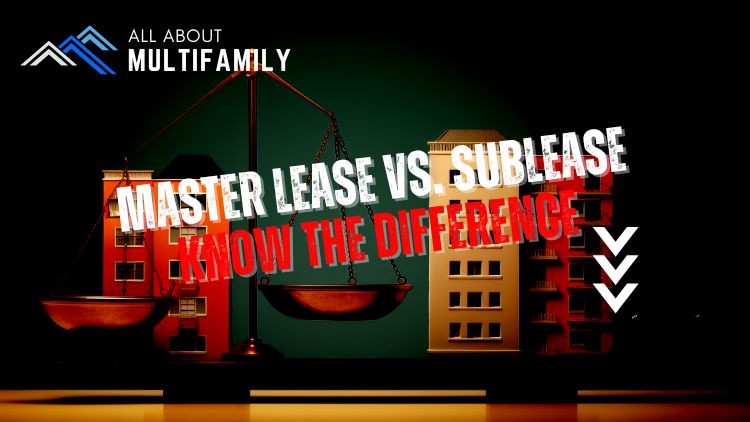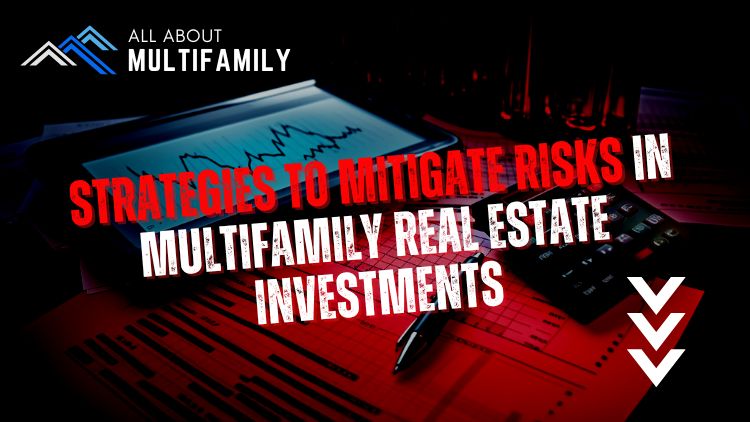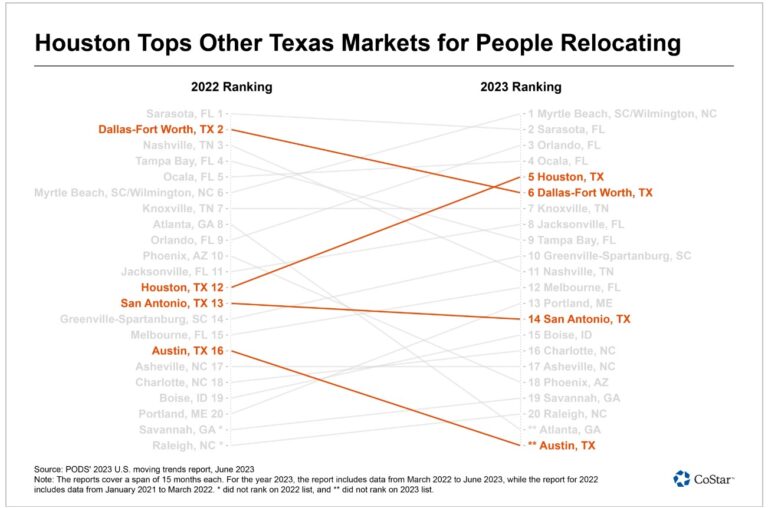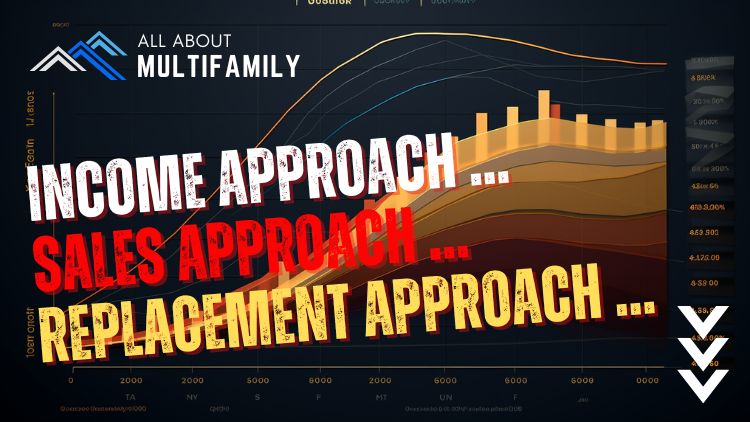In the ever-changing landscape of real estate, sentiment analysis plays a crucial role in understanding market dynamics and investor behavior. One significant factor that impacts the real estate industry is interest rates. This article delves into the connection between real estate sentiment and interest rates, exploring how changes in interest rates can influence the overall market outlook
Real Estate Sentiment Analysis:
Sentiment analysis involves assessing public opinions, emotions, and attitudes towards a specific topic, in this case, the real estate market. By analyzing various data sources, such as social media, news articles, and surveys, analysts can gauge the overall sentiment and mood of investors, buyers, sellers, and other stakeholders in the real estate ecosystem.
The Impact of Interest Rates:
Interest rates have a profound impact on the real estate sector. When interest rates are low, borrowing becomes more affordable, encouraging increased real estate activity. Low rates can lead to higher demand for properties, as more buyers can qualify for mortgages, thereby driving property prices upward.
On the other hand, higher interest rates can have the opposite effect. Increased borrowing costs may deter potential buyers, leading to a decrease in demand and subsequently putting downward pressure on property prices.
Real Estate Cycles and Interest Rates:
Understanding the relationship between real estate cycles and interest rates is crucial for market participants. During periods of economic growth, interest rates tend to rise as central banks attempt to control inflation. This can lead to a slowdown in real estate activity as affordability decreases.
Conversely, during economic downturns, central banks may lower interest rates to stimulate economic growth. This action can provide a boost to the real estate market, as borrowing becomes cheaper and more attractive.
Investor Behavior and Interest Rates:
Interest rates also play a significant role in shaping investor behavior. When interest rates are low, traditional safe-haven assets like bonds may offer lower returns, pushing investors towards alternative investments, such as real estate. This increased investor interest can drive demand and potentially inflate property prices.
However, when interest rates rise, the attractiveness of bonds and other fixed-income investments may increase, leading some investors to shift away from real estate towards these safer options.
In summary, real estate sentiment and interest rates are closely intertwined. Sentiment analysis helps us understand the market’s perception, while interest rates influence the demand for properties and investor behavior. As the real estate industry continues to evolve, keeping track of these relationships becomes paramount for making informed decisions and navigating the market’s ups and downs successfully.






























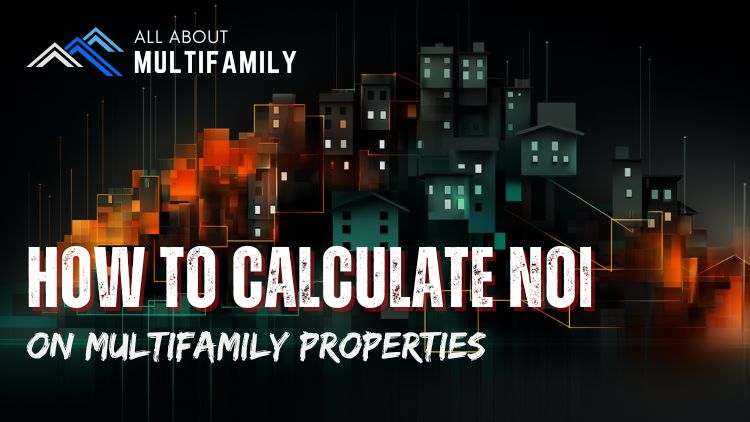















![An In-Depth Look at Jake and Gino's Coaching Program [A Review]](https://allaboutmultifamilyinvesting.com/wp-content/uploads/2023/10/AAM-BMP-Blog-Covers-750-×-422px-6.jpg)


![Email Marketing Tips for Multifamily Real Estate Syndicators to Raise Capital [Templates included]](https://allaboutmultifamilyinvesting.com/wp-content/uploads/2023/09/AAM-BMP-Blog-Covers-750-×-422px-4.jpg)

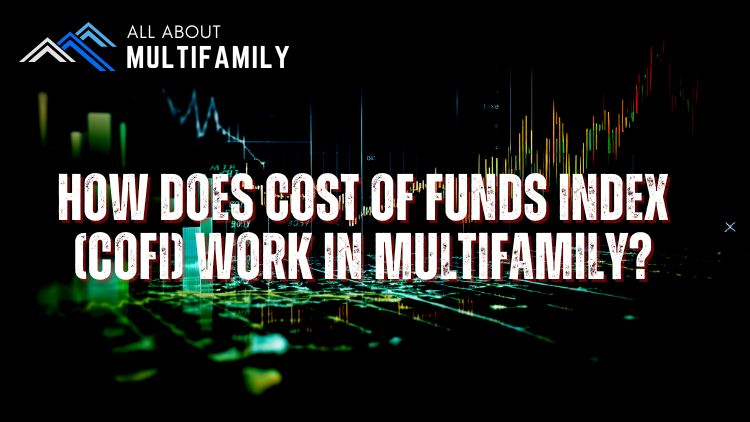
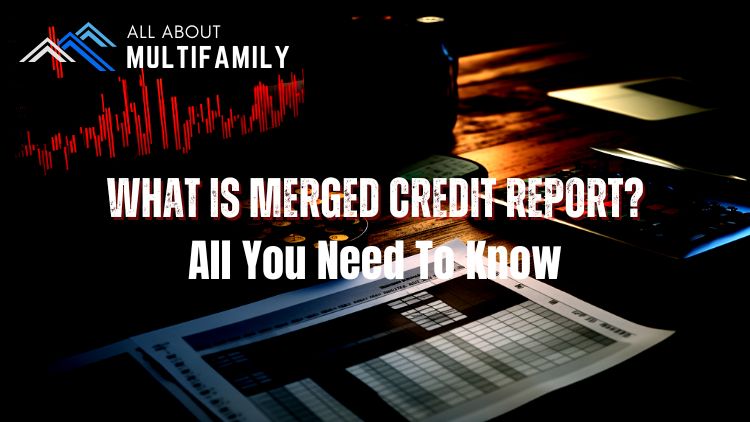
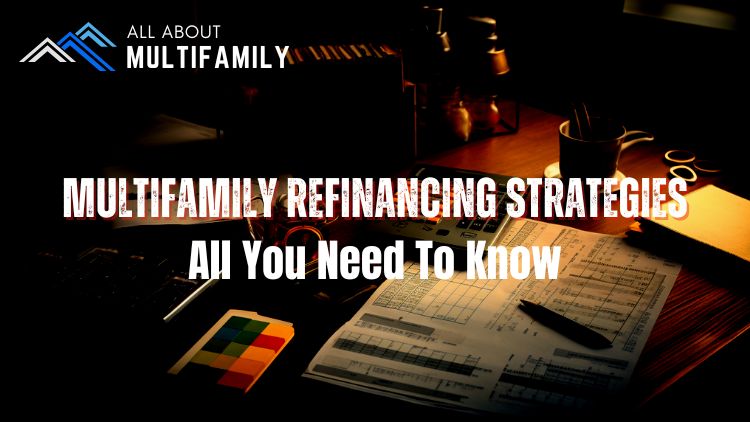


![The Richest Kids In America [Book Review]](https://allaboutmultifamilyinvesting.com/wp-content/uploads/2023/09/AAM-BMP-Blog-Covers-750-×-422px-84.jpg)


